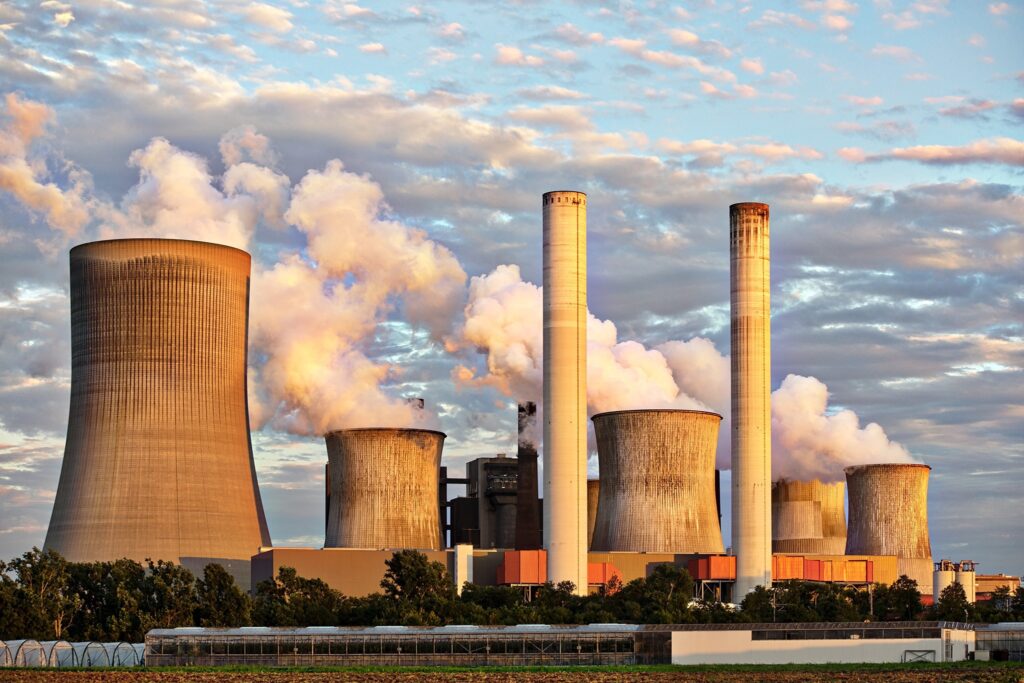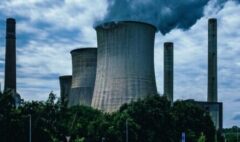Energy Generation and Impact on Earth
What is Energy?
Energy is the ability to do work
Scientists define energy as the ability to do work. Modern civilization is possible because people have learned how to change energy from one form to another and then use it to do work. People use energy to walk and bicycle, to move cars along roads and boats through water, to cook food on stoves, to make ice in freezers, to light our homes and offices, to manufacture products, and to send astronauts into space.
There are many different forms of energy, including:
- Heat
- Light
- Motion
- Electrical
- Chemical
- Gravitational
These forms of energy can be grouped into two general types of energy for doing work:
- Potential or stored energy
- Kinetic or working energy
Energy can be converted from one form to another. For example, the food a person eats contains chemical energy, and a person’s body stores this energy until he or she uses it as kinetic energy during work or play. The stored chemical energy in coal or natural gas and the kinetic energy of water flowing in rivers can be converted to electrical energy, which in turn can be converted to light and heat.
Energy sources can be categorized as renewable or nonrenewable There are many different sources of energy, which can be divided into two basic categories:
- Renewable energy sources that can be easily replenished
- Nonrenewable energy sources that cannot be easily replenished
Renewable and nonrenewable energy sources can be used as primary energy sources to produce useful energy such as heat, or they can used to produce secondary energy sources such as electricity and hydrogen.

When we look to the future it is useful to distinguish between ensuring adequate energy for our needs, and the effects on the earth of the methods we use to obtain that energy. Considering the astonishing technological developments of the twentieth century and the impossibility of predicting the advances that will be made in the twenty-first century, it is unrealistic to look more than about fifty or a hundred years ahead when considering energy generation. When however we are considering the effects on the earth itself what we do now often has effects that will persist indefinitely. If the earth is polluted, it often remains
polluted for a very long time. It is therefore of vital importance to ensure that current and future methods of energy generation do not irrevocably degrade the earth. To explore both these problems in more detail, the methods of generating energy by non-renewable and renewable will be elaborated in separate posts and the corresponding effects on the earth as well. The associated political and moral problems will be considered also in another area.

References:
https://www.eia.gov/energyexplained/what-is-energy/
Energy, the Environment and Climate Change, Peter E Hodgson
Related Posts
Future Post…stay tuned.
The Greenhouse Effect
Are we going to cause irreversible climate change?
Search






